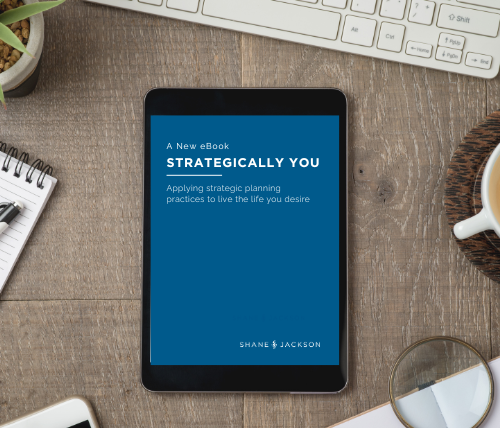Hindsight Is Anything But 20/20: The Danger of Nostalgia
Everything was great when I was a kid. We played outside until dark. We rode bikes around the neighborhood without fear and spent the night with friends. We played multiple sports, built forts and got into occasional harmless mischief. We didn’t have to deal with social media, cyber bullying, gun violence and the impending doom of climate change. Those were the days.
Of course, while we didn’t have cyber bullies, we had actual bullies who would beat us up after school, tell demeaning jokes and use slurs. And we didn’t have social media, but we would stay up late pouring our heart out to a friend on the telephone only to be horrified to learn that another classmate had been secretly listening. And maybe we watched TV instead of playing outside sometimes. Maybe most of the time. After all, our parents just left us with a key to get in the house after school because they weren’t there.
But other than that, everything was way better back then. Right?
Researchers have documented a phenomenon common to most people in which we tend to remember positive memories more than negative ones. This isn’t to be confused with blocking out a memory of a trauma. It is simply that as we age, we tend to focus on our more pleasant memories and forget the unpleasant ones.
Remember that incredible beach vacation we took when our kids were little? I’ll never forget watching a beautiful sunset as our kids played on the beach. It was amazing. What’s that about the crying and screaming as we dragged exhausted children off the beach and back into the condo to take a bath? Huh, I forgot about that.
This selective memory is a normal and even helpful phenomenon. It leads to forgiving those who hurt us and restoring relationships. It connects us with traditions and values that are meaningful. It is probably the only reason anyone has more than one child.
But selective memory can also lead to feelings of nostalgia. Nostalgia is a unique emotion of longing for something that we feel we have lost.
When my kids were young, I would frequently receive “advice” from parents of older children – especially empty nesters.
“Enjoy these times. They will be the best time of your life.”
I would smile, nod and thank them, but I would walk away bewildered – “I think I’m enjoying it. Am I enjoying it enough? Should I be enjoying it more? What if there are parts I don’t enjoy? Is that bad?” So much pressure!
Looking back, I cherish so many times from when our children were young. It certainly was a wonderful season of life. There is not much better than having a four-year-old run up and jump in your arms because they are so excited to see you when you get home from work. These days, I’m lucky if the dogs look up at me when I walk in the door.
But I have to admit I don’t miss the diapers. And the tantrums. And not going to eat in a restaurant for a year after our two-year-old threw a cup of milk like a grenade that exploded all over the restaurant.
I can’t help but feel a little sad for all those well-meaning people who, through giving us advice to “enjoy the best time of our life,” confessed that they felt like they had passed through the best time of their lives.
The problem with nostalgia is that it mistakenly assumes that our joy is dependent on or created by a certain person, place or circumstance. Any adult who has ever visited their childhood home can tell you the reality never matches up to the memory.
The danger of nostalgia is that it creates an unrealistic image of life that no present reality can compare to. How can my current, troubled reality ever compare to that time in the past when everything was wonderful? Hanging on to a clouded view of how good it once was keeps us from being open to the reality of how good it could be today.
The reality is that no person, place or circumstance can give us joy in itself. Joy must be chosen in every circumstance. Regardless of what phase of life you are in – single, married, parent, working, retired – the truth is that there is much to be enjoyed right now.
It is a wonderful practice to be grateful for cherished memories of joyful moments. It is dangerous to ignore the hardships that were interspersed with them. Recognizing and even appreciating both enables us to recognize the joy that exists among the hardships of today.
When I talk with parents of children, I give them different advice than was given to me:
“Make as many memories with your children as you can.”
This is really a way of saying – spend time with your kids and be present with them. Look for adventures big and small and go out of your way to experience them together. Put down your cell phone and listen to their amusing conversations. Because the memories you make with them now will create bonds that yield the opportunity for even richer times in the future.
Whether you are a parent or not, I think this mindset applies to all of us. Be present with the people you love enough to create joyful, memorable moments. That investment is the best way to ensure you have many more of them to look forward to in the future.


